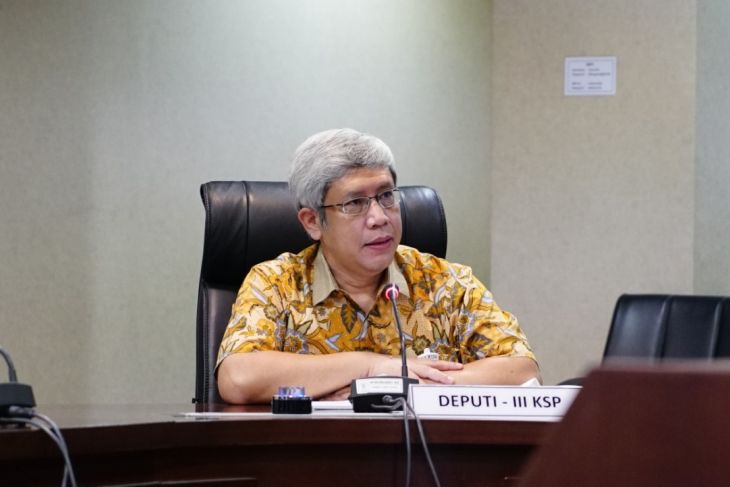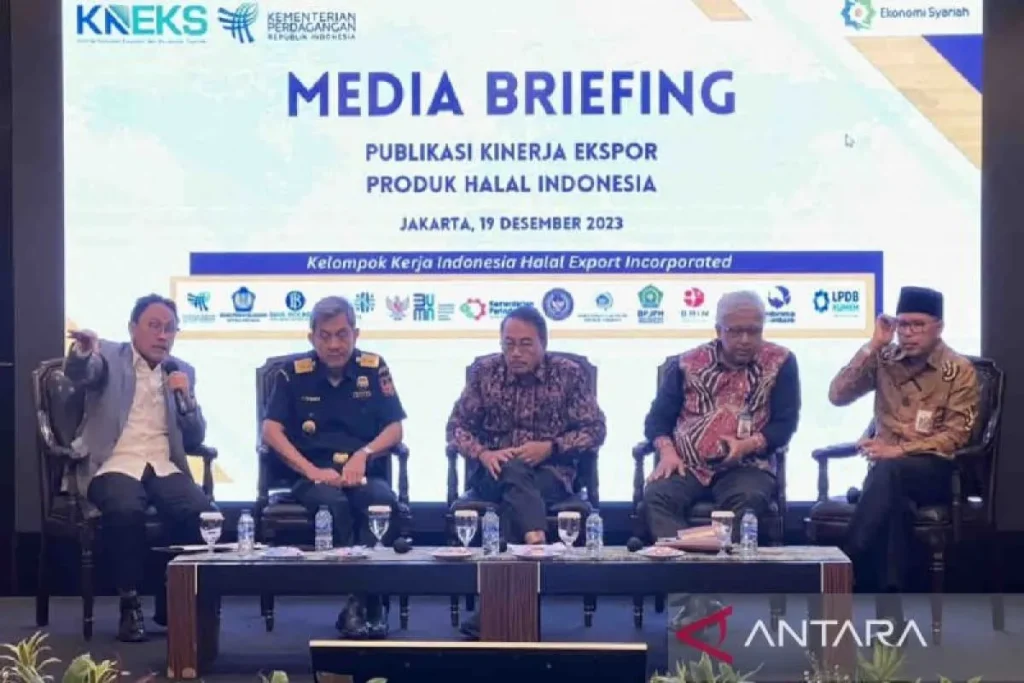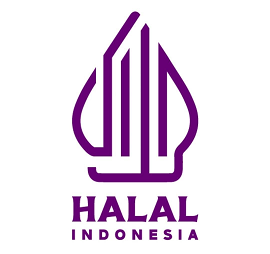In this case, the KSP will help in conducting coordination with the Ministry of Cooperatives and SMEs and Ministry of Finance to obtain valid MSMEs’ data, Deputy III of KSP Panutan Sulendrakusuma stated here on Friday.
“The data will complement MSMEs’ data in the BPJPH, as it is easier for banks to provide verification,” Sulendrakusuma noted when he met with BPJPH Head Muhammad Aqil Irham.
The data he cited came from the productive aid for micro-enterprises (BPUM), smallholder business credit (KUR), and the ultra-micro credit distribution from the Government Investment Center (PIP).
According to Sulendrakusuma, BPUM has data of 12 million micro-businesses in 2020 and data of 12.8 million of such businesses in 2021. Some 7.3 million business players had received the KUR in 2021.
On the other hand, PIP, which is under the Finance Ministry, also owns data of 1.96 million business players obtained from ultra-micro credit distribution based on the name and address.
Furthermore, Sulendrakusuma explained that KSP supports the BPJPH program since KSP is also involved in monitoring the distribution of BPUM and building a single database of MSMEs in 2021 and 2022 along with the Ministry of Cooperatives and SMEs and Statistics Indonesia (BPS).
He added that the issuance of halal certification for 10 million MSME players involved several parties both from the government and non-government sectors.
“We will facilitate meetings in Jakarta and in the regions,” he pointed out.
The halal certification program for 10 million MSMEs is targeted for those involved in sectors that have low risk in terms of the halal aspect, such as F&B, animal slaughter services, food stalls, restaurants, hotel kitchens, food courts in malls, and e-commerce.




